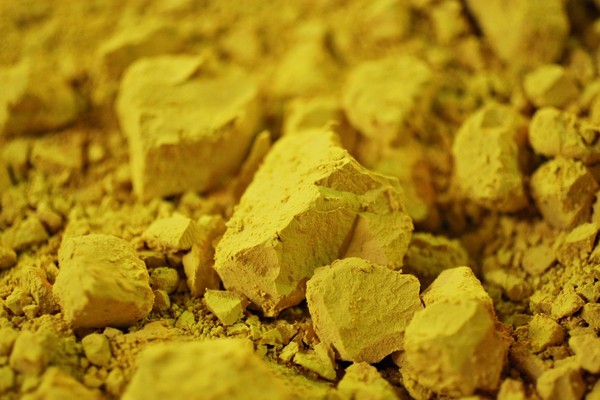Acrimonious IAEA meeting approves Kazakhstan resolution
By Jonathan Tirone
Kazakhstan, the dominant supplier to global uranium markets, scored a partial victory in its effort to win the same rights held by 160 other nations to regulate the international nuclear-fuel trade.
International Atomic Energy Agency members voted Friday to study the plight shared by the Central Asian nation and 16 other countries currently excluded from serving on the Vienna-based regulator’s board of governors. Kazakhstan, which produces more than two-fifths of the world’s uranium, issued a legal demand last month in a bid to rectify the situation.
The resolution adopted at the IAEA’s general conference is a “first step toward restoring justice,” said Kairat Umarov, Kazakhstan’s deputy foreign minister. The agency now has to figure out how to reform a Cold War governance structure that denies sovereign equality among all of its dues-paying members.

The IAEA board meets four times a year and is also responsible for passing rules and electing leadership through a process that’s been compared to the secretive conclave of Catholic cardinals who select a new pope. Western countries that currently dominate the body tend to keep its focus on activities that could lead to nuclear weapons proliferation. Other members want that focus shifted to transferring more nuclear technology.
“Kazakhstan’s efforts have shed light on the magnitude of the problem,” said US Ambassador Laura Holgate, who joined envoys from China and Russia in supporting the proposal and joined together in rejecting a late Iranian bid to derail the process.
Kazakhstan, which hosts an IAEA nuclear fuel bank backed by billionaire Warren Buffett, cited its dominant position in uranium markets as a key reason to give it access to the board “as soon as possible,” according to a diplomatic note circulated among IAEA members.
Prices for the heavy metal have jumped to their highest since Japan’s Fukushima nuclear disaster in 2011 as rising demand and a slew of supply challenges reinvigorate prospects for the atomic fuel.
Kazakhstan has failed over the years to join the IAEA’s Eastern Europe, Middle East and Far East regional groupings, which are legally authorized to decide who sits on the board of governors. Other former Soviet Central Asian countries Uzbekistan, Turkmenistan, Tajikistan and Kyrgyzstan are also precluded from the board, as are island nations including Bahrain, Fiji and Papua New Guinea. Arab states and Iran have denied Israel a place in the Middle East group.
South Korea warned that the IAEA needs deeper reforms that go beyond giving Kazakhstan and other disenfranchised countries their rights. Board representation should be expanded to account for the higher number of countries pursuing nuclear power, it argued.
“This attempt alone only addresses half the problem,” Seoul’s IAEA delegation said in a statement. “If we do not properly increase representation, this will be a lingering problem. Even the amendment itself may soon be out of touch with reality.”

